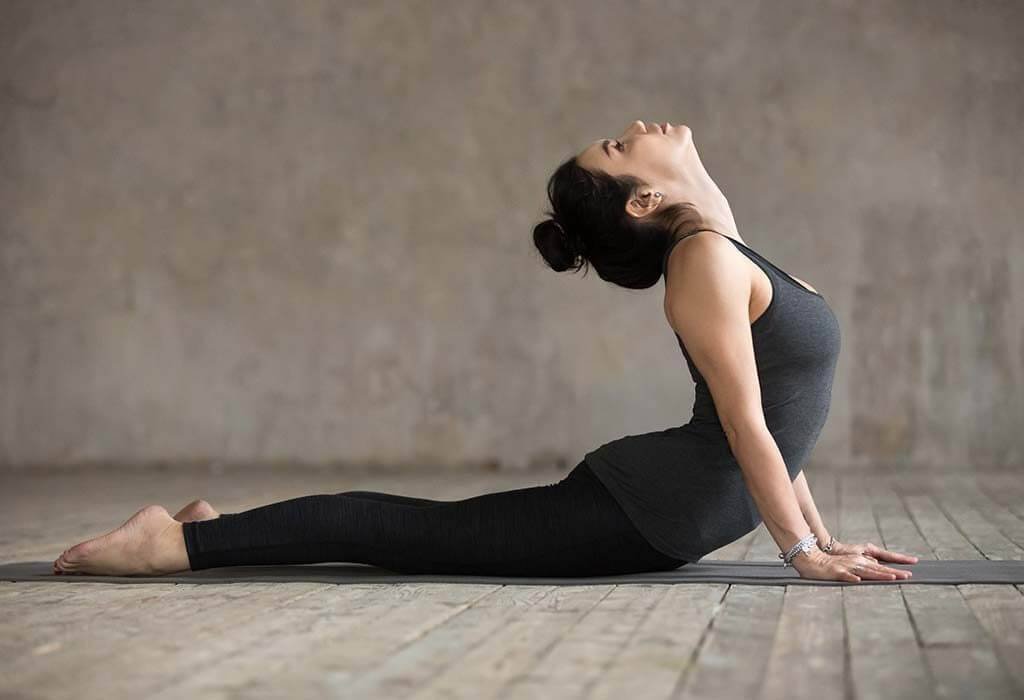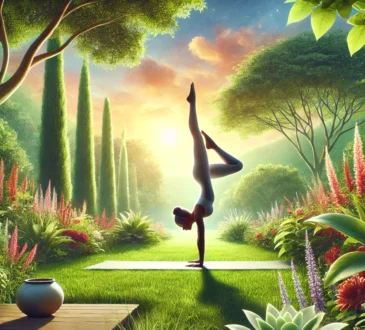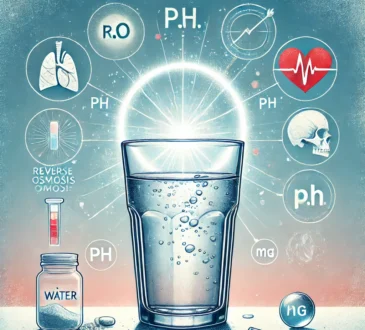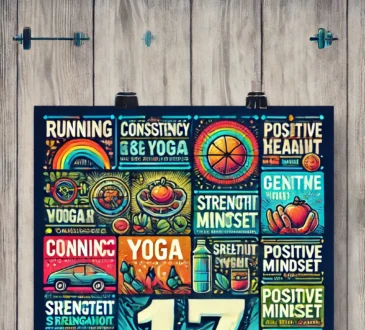Introduction
Bhujangasana, which is commonly referred to as Cobra Pose, exemplifies the graceful ascent and the gradual expansion of a cobra’s hood, making it both invigorating and empowering. This yoga asana holds a special place within Hatha and Vinyasa yoga practices, serving as an introductory backbend. Beyond enhancing spinal flexibility, Bhujangasana has the remarkable ability to stir the latent reserves of vigour and resilience within. Let’s delve into the nuances of Bhujangasana and unveil the myriad ways this posture can enhance not only your physical well-being but also nurture your mental and spiritual wellness.
The Form of Cobra Pose
Bhujangasana, or Cobra Pose, entails reclining on the abdomen and elevating the upper body using the arms for support. As the chest unfurls and the gaze ascends, the practitioner effectively emulates the poised cobra, poised to embrace the world with grace. The significance inherent in this asana stems from its ability to represent not only rejuvenation and transformation but also the awakening of inner power.
The Journey into Cobra Pose
As you begin your journey into practising Bhujangasana, it’s important to keep in mind that you should approach this posture with both patience and a deep respect for what your body can achieve. Moreover, concentrate keenly on achieving proper alignment, while simultaneously integrating the rhythm of your breath with each movement. By doing so, you will be able to truly unlock and enjoy the comprehensive advantages that this pose has to offer.
Precautions:
- If you have a back injury, or carpal tunnel syndrome, or are pregnant, consult a qualified yoga instructor or healthcare professional before attempting Bhujangasana.
- Refrain from attempting this pose if you have undergone abdominal surgery in the recent past.
Step-by-Step Instructions:
- Starting Position:
- Lie flat on your belly with your legs extended behind you, the tops of your feet pressing into the floor.
- Hand Placement:
- Place your palms flat on the floor, directly under your shoulders, and spread your fingers wide.
- Elbows should be close to your body and pointing backwards.
- Positioning the Legs:
- Keep your legs together, or slightly apart, with the tops of your feet pressing firmly into the mat.
- Lifting the Chest:
- Inhale deeply and gently press your palms into the floor to lift your chest off the ground.
- Use the strength of your back muscles to lift your upper body while keeping your lower body grounded.
- Opening the Chest:
- Draw your shoulders back and down, broadening your collarbones to open the chest.
- Keep your shoulders away from your ears.
- Gaze and Neck Position:
- Look straight ahead or gently tilt your head back, but avoid straining your neck.
- Keep your neck in line with your spine.
- Breathing Mindfully:
- Maintain a steady and controlled breath throughout the pose.
- Inhale as you lift your chest, and exhale as you release.
- Holding the Pose:
- Hold Bhujangasana for 15 to 30 seconds, or as long as you feel comfortable.
- Gradually increase the duration with regular practice.
- Releasing the Pose:
- Exhale as you slowly lower your chest back down to the floor.
- Relax your arms by your sides and rest your forehead on the mat.
Modifications:
- If you have difficulty lifting your chest off the floor, you can practice a modified version of Bhujangasana by keeping your forearms on the floor and lifting your head and upper chest only.
Benifits of Bhujangasana
Regular practice of this pose can be highly beneficial for overall well-being. Here are some of the key benefits of Bhujangasana:
1. Spinal Flexibility: Bhujangasana stretches and strengthens the entire length of the spine, promoting flexibility and mobility in the back.
2. Strengthens Back Muscles: The pose engages and tones the muscles of the back, including the erector spine, which helps improve posture and spinal support.
3. Opens the Chest and Shoulders: Cobra Pose expands the chest and shoulders, counteracting the effects of hunching over in modern lifestyles.
4. Stimulates Abdominal Organs: The gentle compression of the abdomen in Bhujangasana massages and stimulates the digestive organs, aiding digestion and promoting organ health.
5. Relieves Tension in the Shoulders and Neck: The pose helps release tension and tightness in the shoulders and neck, reducing discomfort and stiffness.
6. Improves Lung Capacity: Cobra Pose opens the chest and encourages deeper breathing, improving lung capacity and respiratory function.
7. Therapeutic for Sciatica: Regular practice of Bhujangasana can provide relief from mild sciatica discomfort by stretching and strengthening the lower back.
8. Energizing and Uplifting: Bhujangasana activates the solar plexus chakra, promoting an increase in energy levels and a sense of vitality.
Best Yoga Mats at the very best price
9. Relieves Stress and Fatigue: The backbend in Cobra Pose helps release tension in the body and can have a calming effect on the mind, reducing stress and fatigue.
10. Encourages Emotional Release: As a heart-opening pose, Bhujangasana may encourage emotional release and promote feelings of openness and vulnerability.
11. Develops Core Strength: While primarily a backbend, Cobra Pose also engages the core muscles, contributing to better core strength and stability.
12. Prepares for Deeper Backbends: Regular practice of Bhujangasana can prepare the body for more advanced backbends in yoga.
13. Encourages Mind-Body Connection: The alignment and mindful approach to Cobra Pose fosters a deeper mind-body connection, enhancing present-moment awareness.
14. Stimulates Abdominal Organs: The gentle compression of the abdomen in Bhujangasana massages and stimulates the digestive organs, aiding digestion and promoting organ health.
15. Balances the Nervous System: The backbend in Cobra Pose can have a calming effect on the nervous system, promoting relaxation and reducing anxiety.
Conclusion
Bhujangasana, the Cobra Pose, is a highly beneficial yoga asana that offers a range of physical, mental, and emotional rewards. Regular practice of this pose can lead to improved spinal flexibility, stronger back muscles, and increased vitality. Incorporate Bhujangasana into your yoga routine, and experience the positive impact it can have on your overall well-being. As with any yoga practice, approach Bhujangasana mindfully and listen to your body’s cues, allowing yourself to explore the full range of benefits this empowering backbend has to offer.






